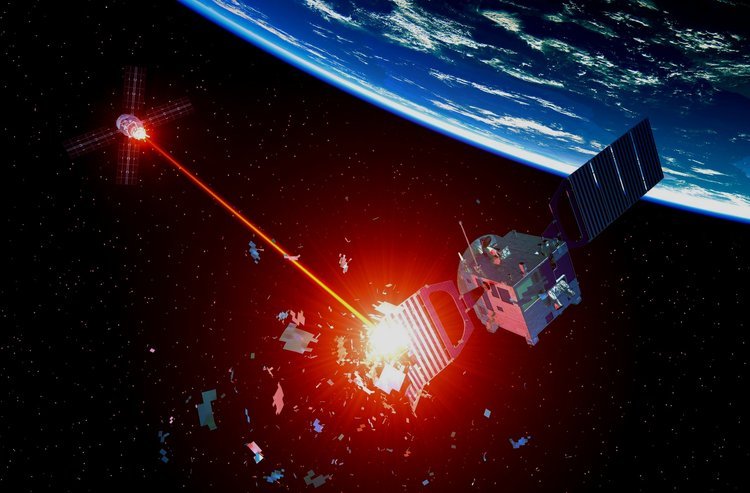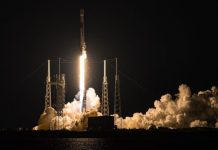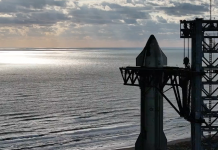The company has developed a system for detecting debris, tracking potential threats and automatically correcting the course of satellites to prevent accidents
On October 12, startup GuardianSat announced that it had received a grant from NSF (the Independent Agency of the US Government responsible for the advancement of science and technology) to develop technology that is designed to protect satellites from collisions with space objects. The funding amount was approximately $273,000.
The company has developed a “debris avoidance system” for satellites based on technology patented by one of its founders, Robert Briskman, co-founder of Sirius XM satellite radio.

GuardianSat startup received a grant to develop technology for self-protection of satellites from space debris
“Our patented system is designed for high-orbit satellites. It includes a debris detection subsystem, monitoring for potential collision threats, and self-correcting the satellite’s course to prevent accidents,” said Huey Wyche, GuardianSat researcher.
The space debris detection technology, called the Autonomous Space Debris Avoidance System, includes satellite control capabilities, sensors, tracking systems, and interfaces that cooperate with the engines and communications system on the satellite. It is also designed to help a satellite return to its original trajectory after collision avoidance maneuvers and to exchange data about potentially dangerous objects with other satellites.
Wyche said GuardianSat takes a “multispectral approach to detecting space objects.” Multispectral sensors can distinguish between different types of objects based on their spectral characteristics. “This ability is valuable for the ability to distinguish between active satellites, disabled spacecraft, and space debris,” he explained.
The debris avoidance system is a companion technology to GuardianSat’s “anti-satellite response system” being developed. It uses microwave and lidar (light detection and ranging systems) to detect and track approaching objects.




